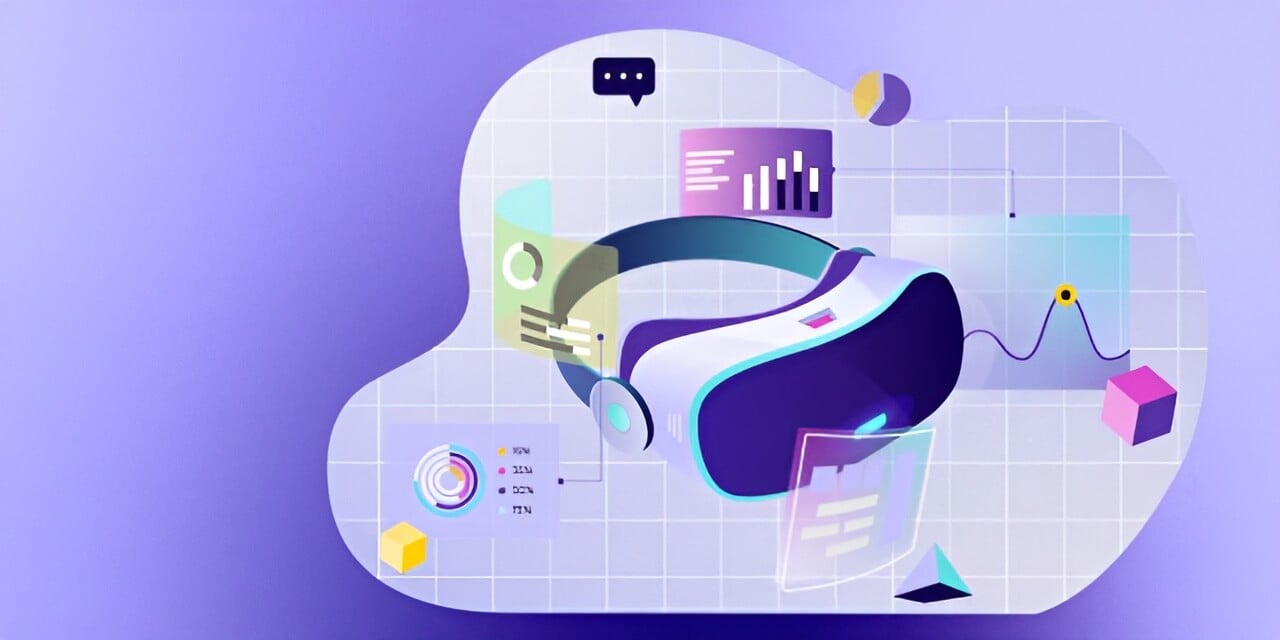
Unlocking immersive learning: design and implementation are key
Across the world, students are increasingly curious about immersive technology,1 and advances in AI are making it easier to bring these environments to life in the classroom.2 But does this progress mean it’s time to fast-track virtual reality and similar tools into everyday teaching and learning?
The latest research shows that immersive experiences can enhance learning, but a ‘more immersive’ learning experience doesn’t automatically mean it’s more effective. As we see every day, it’s teachers’ choices of what will work best for their students that make the difference, from selecting well-designed experiences, to using them to support every learning journey.